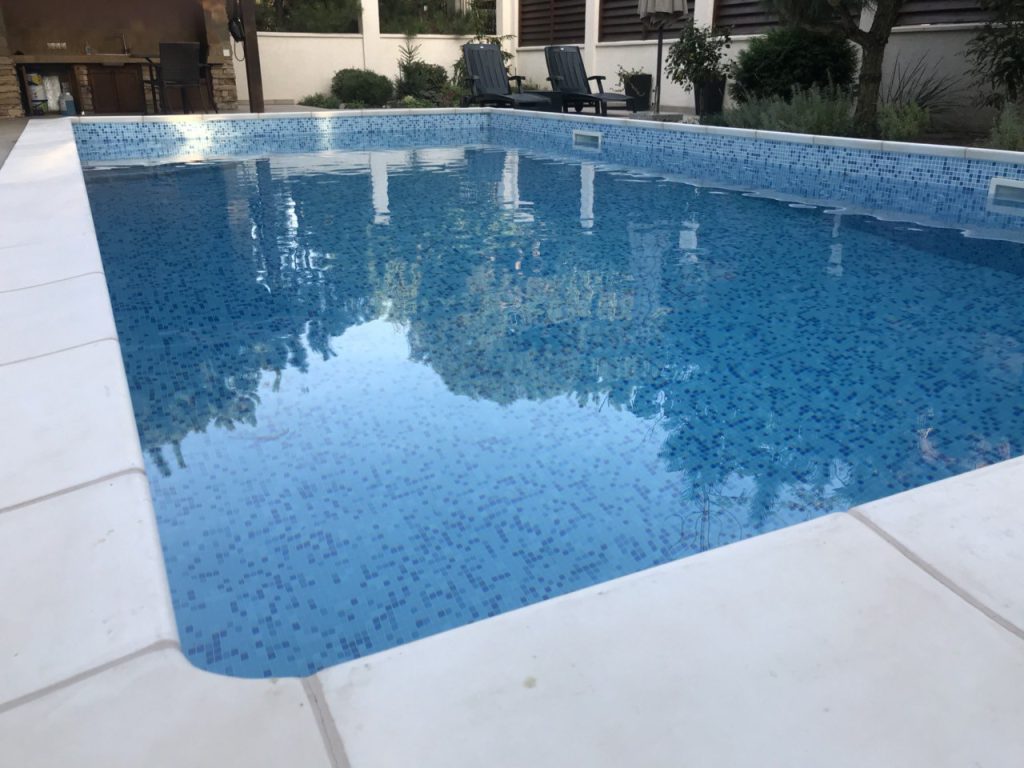If you want to use a pool with clear water all summer long, then disinfecting pools with chlorine is simply necessary. Despite the fact that chlorine has disadvantages in the form of an unpleasant odor and dry skin, nevertheless, disinfecting a pool with chlorine, or chlorinating water, is the most reliable, simple and inexpensive method.
Why is chlorine needed in a swimming pool?
Chlorinating a pool is not only possible, but also necessary. Particular attention should be paid to pools with many vacationers. Thanks to such disinfection, almost all microorganisms that participate in the formation of green algae, bacteria and infections are removed from the water. It is not only unpleasant to swim in turbid water, but also dangerous.
Chlorine-containing chemicals are available in the form of tablets and granules. In the correct dosage, they do not pose a health hazard. And after visiting a public pool, you need to take a shower so that the skin and mucous membranes do not dry out.
You can purchase preparations with a gentle chlorine content and add them daily. This method will allow you to keep the water in order even at high temperatures and a large crowd of people. Or you can add a shock dose once every three months – this will be a shock cleaning of the pool with chlorine, which instantly makes the water unsuitable for the life of microbes.
Long-lasting chlorine
- It is added once or twice a week depending on weather conditions. The chlorine content in one tablet is from 70%
- The tablets are added to a skimmer, a floating capsule or dissolved in a separate container and added to places of water pressure.
- The filter must work constantly, eliminating excess chlorine and driving away purified water.
- The drug itself cannot be immersed in the general pool bowl, as it can spoil the appearance of the facing material.
- Granulated chlorine is dissolved in a separate container and added to different places of the pool bowl.
- Before treating the pool with chlorine, it is necessary to check the acidity of the water. If the acidity is lower or higher, special preparations are used to adjust the required acidity.
High-quality chlorine in clean water (in the correct proportion) does not have an unpleasant odor and does not irritate the skin and mucous membranes.
Shock chlorine
- It is produced in tablets, in the form of granules.
- Tablets are added to the skimmer, dispenser, capsule or in advance in dissolved form. In this case, disinfection of water in the pool with chlorine is shock, therefore the dose should correspond to the volume of water.
Advantages of using chlorine in water
- Affordable
- The most reliable way to clean pool water from microorganisms
- Chlorine can keep water clean for a long time
- Eliminates cloudiness
Disadvantages of using chlorine in water
- Pungent odor
- If precautions are not taken, it may cause harm to health
- May dry out skin and mucous membranes.
- Does not remove more chlorine-resistant microorganisms
- Effectiveness decreases at temperatures above 29 degrees
Chlorination helps not only to purify water, but also prevents a person from contracting various infectious and intestinal diseases. Proper and timely disinfection of the pool makes visiting it pleasant and useful.
FACEPOOL will help you choose the right dosage of reagents and apply them correctly.

